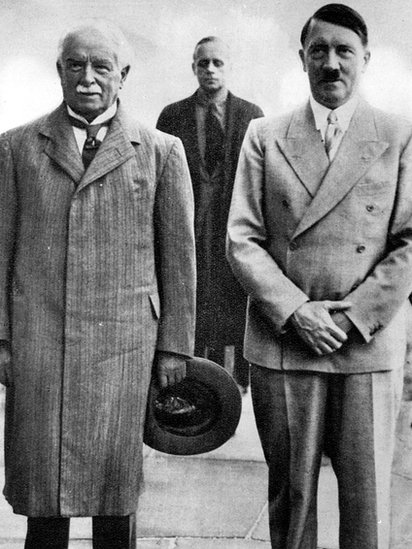'Meet the new boss, same as the old boss.'
The Who

The Who

Someone has learned how to use grunge in Photoshop.
Yes, me. Roem showed me.
I’m trying to insult you.
Oh.
Hi again.
Ugh. So why are you doing this again?
Because I feel like it. And I'm excited to see the format taking off.
Taking off? Between you and me, chum, no-one's taking it seriously. I've yet to see one that ended in 24 hours.
Well, that's fine. Other people have jobs. It's the spirit that counts.
You're still a smelly unemployed dole scrounger, so I take it that's an assurance that this one will be done in 24 hours?
Yes. Cross my heart and hope to die.
You're a madman. What on earth are you-oh my god, I just actually looked at the title image. What the hell is this?
It's a map of a Soviet-dominated Europe.
I know that, arse-face, but what the hell are you doing claiming this is a British political TLIAD?
I suppose you'll have to wait and see.
No, I don't think I will, I really don't see any way in which you can make this about British politics. You've really fouled up this ti-

You've gone quiet all of a sudden.
Shut up.
And continue.


